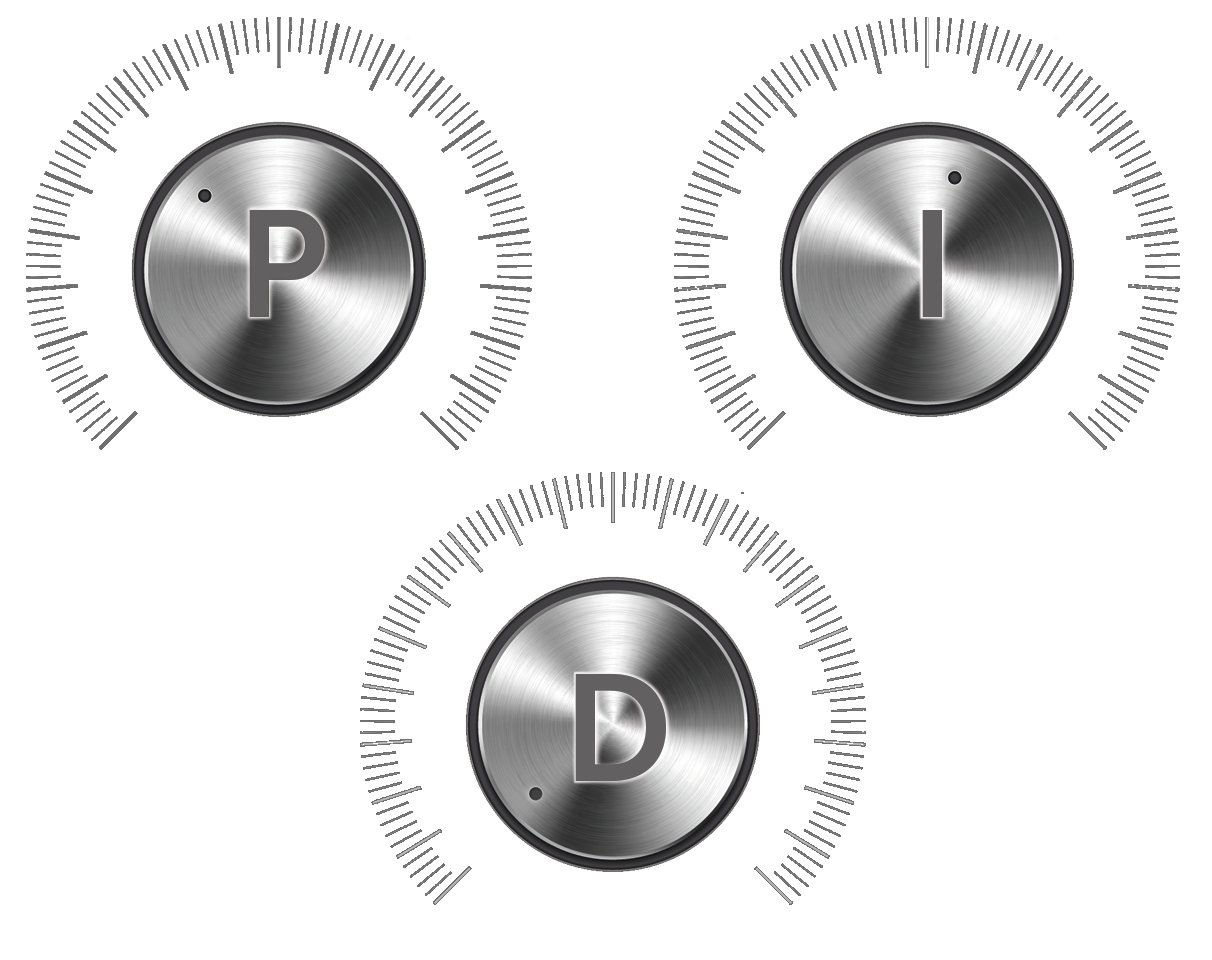Bringing PID control performance to the highest level is a challenge, but keeping the performance high is a different game. In this blog, you’ll read reasons for degrading PID control performance and the various ways in which our customers take on the challenge of sustaining control performance monitoring. You’ll also read what to expect from the webinar “PID sustained control performance”: how to get to a high control performance monitoring and how to keep the performance up, including some practical cases.
Michiel Huizer
Recent Posts
On demand webinar: Sustained Control Performance Monitoring
Topics: PID tuning, Plant performance
PID Derivative: Don’t be afraid of the D (in PID tuning)
Why and when use Derivative in PID control? The vast majority of PID controllers are tuned with Proportional and Integral action only, while in some cases controller performance could be improved by including the D-action. Read in this blog what derivative action is and what to expect of the webinar ‘Don’t be afraid of the D’.
Topics: PID tuning methods
You've all probably been in a similar situation - you became aware of an underperforming PID loop, took immediate action, tuned the loop and at the end of the day the PID loop was still performing well. The next day the operator complains; the loop had been oscillating all night and is now in manual mode. The first thing you need to do is check the PID parameters and tune the loop again, the operator isn't happy, and neither are you. You could prevent this if you calculated the robustness of the controller. Learn in this blog how to consider robustness by looking at your PID parameters in your PID tuning.
Topics: PID tuning parameters
When the Ziegler-Nichols PID tuning method doesn’t do the trick
Many tuning methods are proposed for PID controllers, of which trial and error is the best known and used method. Despite its popularity, the biggest downside is that it’s time-consuming and it doesn’t guarantee a robust and stable solution. The Ziegler-Nichols method is a good alternative but doesn’t always provide optimal performance. In this blog, you will read why Ziegler-Nichols isn’t always the right choice to achieve stable and robust control loops.
Topics: PID tuning methods
No time to waste: PID tuning in a plant’s commissioning phase
The period before a plant’s launch is a stressful time. There is a possibility you will face mechanical problems, errors in the instrumentation and DCS configurations, safety issues and even last minute changes in control designs.
When a plant is commissioned, all the equipment and all safety and control systems are tested. However, this doesn’t mean that, at this stage, the plant is tuned to generate the most optimal results. In this blog, you will read why it’s important to start with PID tuning in a plant’s commissioning phase.
Topics: PID tuning, Plant commissioning phase

.jpg)

.jpg)



